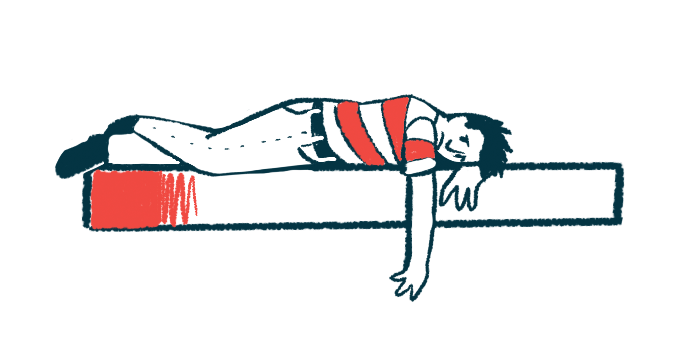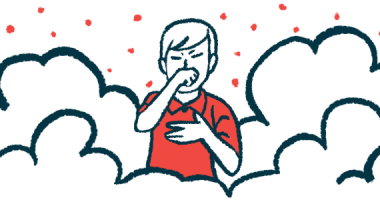Apathy and impulse control issues often coexist with Parkinson’s
In group of newly diagnosed patients, both behavioral problems 'very common'

Apathy is frequently found in people with Parkinson’s disease who also experience problems with impulse control, although the two might seem to be polar opposites, a study shows.
“Clinicians should be aware that [impulse control behaviors] and apathy cannot be simply considered as independent and opposite ends of each other, and the co-occurrence of [impulse control behaviors] and apathy is very common,” the researchers wrote.
Findings also suggest that patients with both impulse issues and apathy are more likely to experience dyskinesia, or uncontrolled movements, as a side effect of the Parkinson’s therapy levodopa.
The study, “Impulse control behaviors and apathy commonly co-occur in de novo Parkinson’s disease and predict the incidence of levodopa-induced dyskinesia,” was published in the Journal of Affective Disorders.
Apathy, impulse control behaviors among Parkinson’s nonmotor symptoms
Impulse control behaviors, or ICBs, are sensation-seeking urges that are hard to control, such as compulsive gambling or eating. ICBs are a common nonmotor symptom of Parkinson’s. Apathy, referring to a lack of motivation, also is a frequent nonmotor disease symptom.
Intuitively, ICBs and apathy seem like opposites — one is the uncontrolled urge to do something, the other is the absence of desire to do anything. Using this framework, some researchers have proposed that Parkinson’s patients may exist on a spectrum, with impulse control behaviors on one end and apathy on the other. But it’s becoming clear that the relationship between the two is a lot more nuanced.
A group of scientists in China analyzed data covering 422 newly diagnosed Parkinson’s patients who participated in the Parkinson’s Progression Markers Initiative (PPMI), a large international study. (ICB was assessed using the Questionnaire for Impulsive-Compulsive Disorders in Parkinson’s Disease, and apathy through the Movement Disorders Society Unified Parkinson’s Disease Rating Scale, Part 1.)
Upon entering PPMI, 287 of the patients had neither an ICB nor apathy. Another 64 had impulse control behavior issues but not apathy, and 48 had apathy but not ICBs. Most notably, there also were 23 patients who had both ICBs and apathy at the same time.
Put another way, that means roughly 1 in 4 of the Parkinson’s patients with an ICB also had apathy, and nearly 1 in 3 with apathy also had an ICB. Rather than existing at opposite ends of a spectrum, it seems these behavioral issues frequently coexist.
“Our data demonstrate that the co-occurrence of ICBs and apathy is common in newly diagnosed, drug-naïve patients,” the researchers wrote.
The team noted a need for further investigation into the neurological mechanisms that drive ICBs and apathy in Parkinson’s to better understand how they are related.
Dyskinesia likely more severe in those with apathy, impulse control problems
Compared with patients who had isolated ICBs, those with both impulse control behavior issues and apathy also were more likely to have more severe nonmotor symptoms.
Levodopa is a mainstay Parkinson’s treatment, but its long-term use frequently leads to dyskinesia. In statistical models, the researchers found that patients with co-occurring impulse control behaviors and apathy were more than twice as likely to experience levodopa-induced dyskinesia, compared with patients who didn’t have either behavioral disorder.
“Our results indicate that measuring ICBs and apathy may be clinically useful as a non-invasive and an inexpensive method for predicting patients at risk for [levodopa-induced dyskinesia] development,” the scientists wrote.







